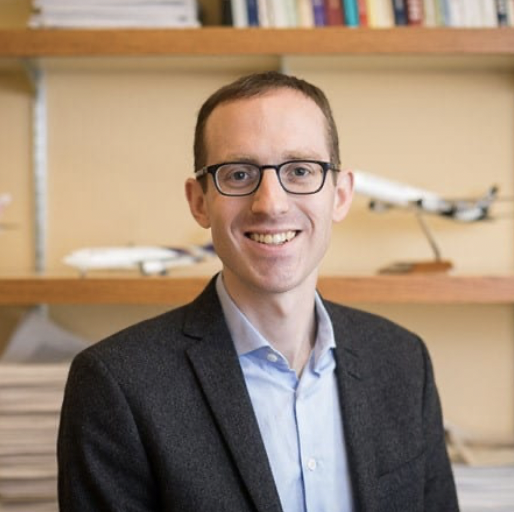- SNF Agora Institute Associate Professor of Health Policy and Management, Johns Hopkins Bloomberg School of Public Health
Adam Seth Levine is currently studying the role of science in American life, and in particular when scientists collaborate with civic and political leaders to address pressing public health, environmental, and other challenges (click here for several examples of these findings). Here a tension arises because these collaborations often entail strangers working together, yet many people are hesitant to interact with strangers even if they share interests and concerns. His work identifies key relational factors that, along with effective communication, help spur new successful collaborations. Thanks to generous support from the Rita Allen Foundation, he’s currently devoting substantial time to a new book. The tentative title is Seeking Science: When, Why, and How Community Leaders Bridge a Cultural Divide.
Levine’s initial work focused on one of the core challenges associated with organizing powerful new constituencies: persuading people to voluntarily spend money and/or time on the cause. Here a tension arises because many political issues directly refer to financial and/or time constraints that people are experiencing. Being reminded about these constraints diminishes their willingness to voluntarily spend resources.
He explores this tension with respect to economic insecurity issues (e.g. health care costs, education costs) in his first book, entitled American Insecurity: Why Our Economic Fears Lead to Political Inaction, published with Princeton University Press in 2015. The book was the subject of a NY Times op-ed immediately after its release, and also won a 2016 Best Book Award from the American Political Science Association for how it used experiments and psychology to answer a politically-important question. The book was in part based on his dissertation, which won the E. E. Schattschneider Award for the best dissertation on American government.
Since publishing American Insecurity, he and several co-authors have found that this same tension arises when trying to build powerful constituencies to address other problems such as climate change, the national debt, and traffic congestion.
